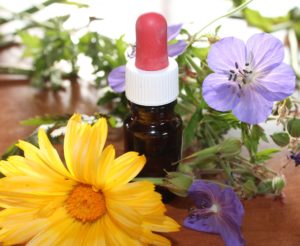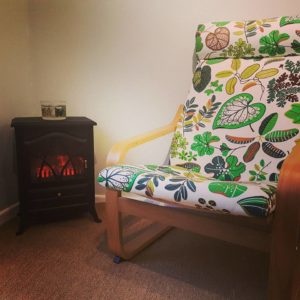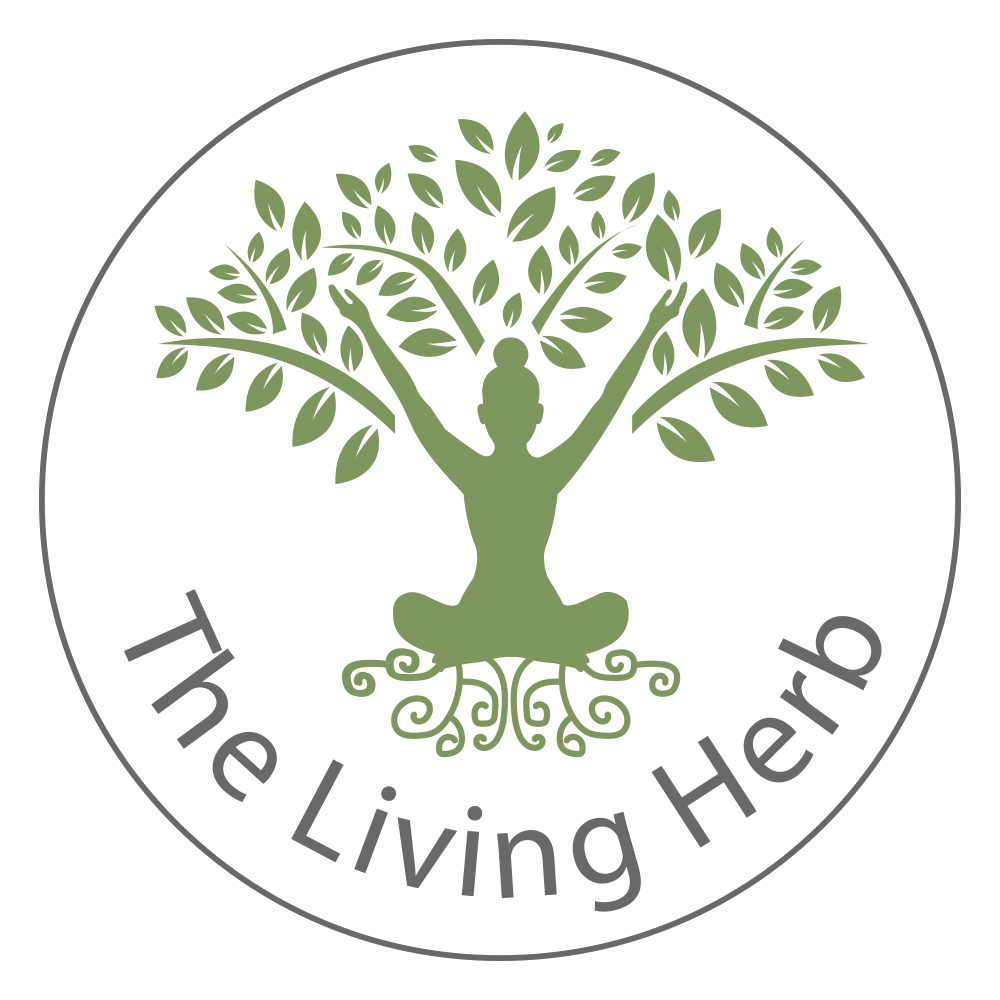What is a herbalist anyway?
When I meet people and tell them I am a medical herbalist I frequently get blank, confused looks back before a comment that implies I am some sort of quack. There are many different types of therapist available today, with varying levels of medical knowledge and skill and it is easy to put herbalists into the "complementary therapy" box without even blinking. However that is an injustice to the training and knowledge it takes be a herbalist. I like to think that a herbalist sits in the space between GPs and complementary therapy and I will explain why. But first let's talk about our tools, the plants....
Plants as medicine

The use of plants as medicine dates back millennia so many people have some sort of knowledge of using herbal medicine. From telling a child to use a dock leaf on a nettle sting through to taking Echinacea in the winter to help you beat those winter bugs, it is somehow embedded in our psyche.
But more than that, plants are studied for their medicinal properties and their active constituents are synthesized to make more than 80% of conventional medicines. If it wasn't backed by science, you could say plants have healing properties!!
What makes a herbalist?
These days if you go into a health food shop or have a look online, you can find a lot of advice on what herbs you can take to help your ailments. Even GP's are recommending herbs such as St John's Wort for depression. And if you read my blog or watch my videos, you will find lots of advice from me too. So why bother going to see a herbalist? What can we add to the knowledge you can get over the counter?
To get a Bachelor of Science degree in Herbal Medicine, we train in a range of subjects: anatomy and physiology; the same sort of clinical diagnosis techniques as a GP; biochemistry and pharmacology - including conventional pharmacology; and finally herbal therapeutics.
 When you see a herbalist, you are not given one herb to ease a symptom. Instead your entire medical history is taken into account and we combine herbs into a personally tailored medicine aimed at meeting your needs. Because we have trained in conventional pharmacology, we can ensure that any medicine we prescribe works safely and effectively along side any medications your GP or consultant may have prescribed. We work with you to understand how your body is responding to medicine and may even alter herbal medicines as your physiological responses change as your body starts to heal. We can even work with your GP or consultant to ensure you are getting the best care from them.
When you see a herbalist, you are not given one herb to ease a symptom. Instead your entire medical history is taken into account and we combine herbs into a personally tailored medicine aimed at meeting your needs. Because we have trained in conventional pharmacology, we can ensure that any medicine we prescribe works safely and effectively along side any medications your GP or consultant may have prescribed. We work with you to understand how your body is responding to medicine and may even alter herbal medicines as your physiological responses change as your body starts to heal. We can even work with your GP or consultant to ensure you are getting the best care from them.
Seeing a herbalist does not just give you one herb to try at home, it gives you the support to help you manage difficult chronic health concerns. It can empower you to understand how your medical conditions are affecting you and make informed choices about the best possible health care for you. And occasionally it can give some herbs too!
If you want to learn more about herbal medicine, you can find more here on my blog, sign up to my monthly (no-spam) newsletter or arrange a free call with me to discuss how I can help you.
With love
Victoria
Plants as medicine

The use of plants as medicine dates back millennia so many people have some sort of knowledge of using herbal medicine. From telling a child to use a dock leaf on a nettle sting through to taking Echinacea in the winter to help you beat those winter bugs, it is somehow embedded in our psyche.
But more than that, plants are studied for their medicinal properties and their active constituents are synthesized to make more than 80% of conventional medicines. If it wasn't backed by science, you could say plants have healing properties!!
What makes a herbalist?
These days if you go into a health food shop or have a look online, you can find a lot of advice on what herbs you can take to help your ailments. Even GP's are recommending herbs such as St John's Wort for depression. And if you read my blog or watch my videos, you will find lots of advice from me too. So why bother going to see a herbalist? What can we add to the knowledge you can get over the counter?
To get a Bachelor of Science degree in Herbal Medicine, we train in a range of subjects: anatomy and physiology; the same sort of clinical diagnosis techniques as a GP; biochemistry and pharmacology - including conventional pharmacology; and finally herbal therapeutics.
 When you see a herbalist, you are not given one herb to ease a symptom. Instead your entire medical history is taken into account and we combine herbs into a personally tailored medicine aimed at meeting your needs. Because we have trained in conventional pharmacology, we can ensure that any medicine we prescribe works safely and effectively along side any medications your GP or consultant may have prescribed. We work with you to understand how your body is responding to medicine and may even alter herbal medicines as your physiological responses change as your body starts to heal. We can even work with your GP or consultant to ensure you are getting the best care from them.
When you see a herbalist, you are not given one herb to ease a symptom. Instead your entire medical history is taken into account and we combine herbs into a personally tailored medicine aimed at meeting your needs. Because we have trained in conventional pharmacology, we can ensure that any medicine we prescribe works safely and effectively along side any medications your GP or consultant may have prescribed. We work with you to understand how your body is responding to medicine and may even alter herbal medicines as your physiological responses change as your body starts to heal. We can even work with your GP or consultant to ensure you are getting the best care from them.Seeing a herbalist does not just give you one herb to try at home, it gives you the support to help you manage difficult chronic health concerns. It can empower you to understand how your medical conditions are affecting you and make informed choices about the best possible health care for you. And occasionally it can give some herbs too!
If you want to learn more about herbal medicine, you can find more here on my blog, sign up to my monthly (no-spam) newsletter or arrange a free call with me to discuss how I can help you.
With love
Victoria


2 comments
Leave a comment
Please log in or register to post a comment